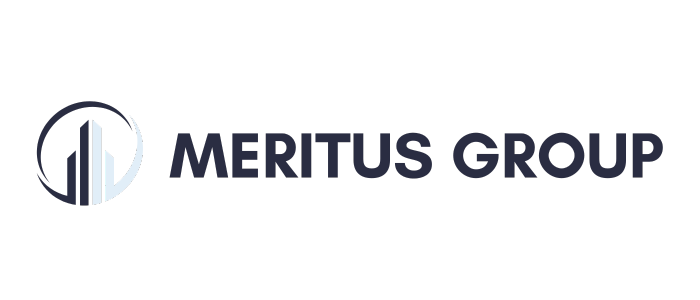When selling a business, the stakes extend beyond the financial payoff; it’s about passing on a legacy. For business owners, finding a buyer who not only meets financial expectations but also respects and aligns with the vision for the business’s future is a critical endeavor. This blog delves into the nuanced process of striking a balance between financial gain and the continuation of your business’s legacy, ensuring a sale that honors both your fiscal objectives and the values at the heart of your enterprise.
The Emotional Aspect of Selling Your Business: Selling a business is often a bittersweet journey. The business represents a chapter of your life, laden with memories, achievements, and challenges overcome. Acknowledging the emotional component is essential, as it significantly impacts decision-making. Your business is not merely an asset; it’s a testament to your dedication and entrepreneurial spirit.
Defining the Ideal Buyer: Identifying the right buyer is a multi-faceted process. Consider these critical factors:
- Cultural Fit: Does the potential buyer share similar values and business ethics? Will they maintain the company culture that you’ve nurtured?
- Vision for the Future: What are the buyer’s plans for the business? Do their growth strategies align with your vision?
- Financial Viability: Beyond offering the right price, does the buyer have a sound financial foundation to grow the business sustainably?
Crafting a Targeted Marketing Approach: Your marketing strategy should communicate more than just the financial health of your business. It needs to weave in the story of your business, its place in the community, and the potential it holds. Attract buyers who are drawn not only to the profit margins but also to the legacy and future possibilities of your business.
Negotiating Beyond the Price Tag: Effective negotiation in a business sale encompasses more than just agreeing on a price. It involves discussions about the buyer’s intentions, plans for employee retention, and strategies to build upon the existing legacy. Ensuring these align with your expectations is as crucial as the sale price.
Mutual Due Diligence: Due diligence is a two-way street. While buyers assess the business’s financials and operations, sellers should also evaluate potential buyers. Assess their track record, business acumen, and commitment to the business’s core values.
Transition Planning: A well-thought-out transition plan is integral to a successful sale. This might involve working with the new owner for a set period to ensure a smooth handover. This phase is crucial for maintaining the confidence of employees, customers, and stakeholders.
Conclusion: The journey to find the right buyer for your business is about harmonizing financial goals with the desire to preserve the business’s legacy. This process demands careful consideration, strategic planning, and a deep understanding of what you want the future of your business to look like.
Looking to sell your business with both financial and legacy goals in mind? Our team is here to provide expertise and a tailored approach. For a personalized consultation or a free business valuation, visit our Seller Questionnaire or contact us at (605) 252-9520. We are committed to helping you achieve a sale that respects both your financial objectives and the legacy of the business you’ve built.

